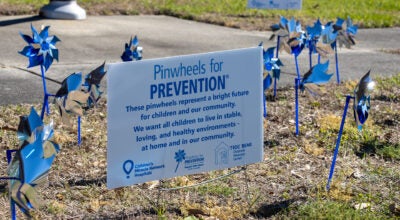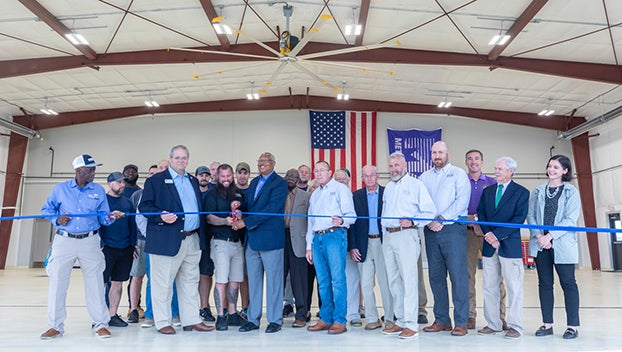Planning Board addressing massage parlors, distilleries and farm animals in city limits
Published 2:18 am Monday, October 23, 2017
Washington’s Planning Board continues to work on amendments to the city’s zoning regulations in three areas: micro-distilleries, massage parlors and farm animals within the city limits.
The board is scheduled to meet at 5:30 p.m. Tuesday in the Council Chambers at City Hall and discuss those matters. The board addressed massage parlors and micro-distilleries during its September meeting.
After reviewing the issue and coming up with proposed rules regarding massage parlors, the board would send them to the City Council, which has final say on amending the city’s zoning ordinances. During its August meeting, the council, upon City Manager Bobby Roberson’s request, asked the Planning Board to research and develop standards for massage parlors within the city limits.
Massage parlors are not allowed in the city under the city’s current zoning regulations, but they are included in the city code.
During its September meeting, the board said it needed more time to study proposed regulations governing micro-distilleries before it makes a recommendation to the City Council regarding enacting such regulations. At that meeting, the board received proposed changes to the city’s zoning ordinances, which were drafted by John Rodman, the city’s director of community and cultural resources. State laws governing micro-distilleries changed in March as the result of action by the North Carolina General Assembly.
Under the proposed rules, a distillery is defined as “any premises or plant wherein alcohol or liquor is manufactured, made and distilled from raw materials, blende or rectified, or any place wherein alcohol or liquor is produced by any method suitable for the production of alcohol.” The proposed rules define a micro-distillery as a “facility no larger than 12,000 square feet of gross floor area that produces craft distilled spirits of alcoholic beverages at no more than 50,000 US gallons per year and where the principal distiller defines the house style and oversees all aspects of the production.”
The proposed rules would allow a distillery as a permitted use in the I1 (heavy industrial) and I2 (light industrial) zoning districts in the city. Micro-distilleries would be allowed in the B1H (business historic) and B02 (general business) districts by the issuance of special-use permits. The Board of Adjustment would determine whether an applicant seeking such a permit would receive one.
A tasting room at a distillery or micro-distillery would be allowed to provide small “tasting” samples of its products to the public. A person would be allowed to buy a bottle of liquor for consumption away from the distillery or micro-distillery.
Generally, a taproom at a brewery or micro-brewery may sell beer and other malt beverages produced on site to people for consumption on the premises.
In January, the Board of Adjustment revoked a notice of violation issued to John D. Moore III that said he violated a city ordinance that prohibits the keeping of farm animals in the city. Moore was sent a notice of violation (dated Nov. 14, 2016) that informed him that the keeping and boarding of horses at 2310 N. Market St. “is unlawful and a prohibited use of your property.” The notice told Moore he could remedy the violation by relocating the horses to a property outside the city limits. John Rodman, the city’s director of community and cultural resources, signed the notice.
The city code reads: “It shall be unlawful for any person to keep at any time any type of farm animal or fowl within the city.”
Moore, Rodman and the board members agreed the city code and city ordinances are somewhat ambiguous when it comes to defining farm animals. Fuchs noted that although the city’s regulations prohibit farm animals in the city, those same regulations address the construction of barns and stables.
Board members said the city code and city ordinances need updating as soon as possible.






